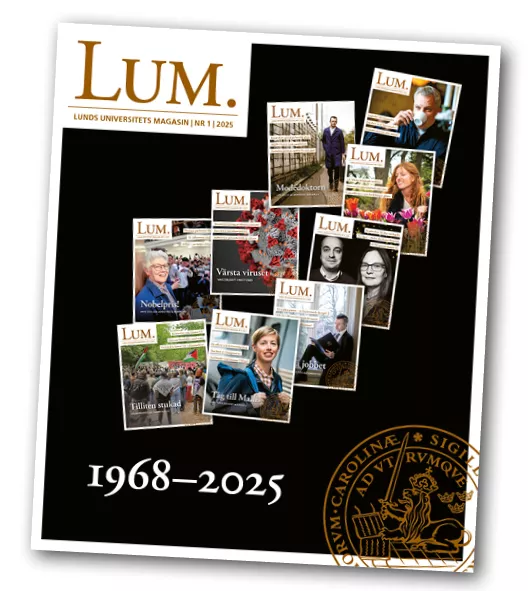“Few people here have heard of coeliac disease, not even among doctors,” says Adugna Negussie Gudeta, a doctoral student at the Department of Clinical Sciences in Malmö, who, together with his supervisor Daniel Agardh, is doing everything possible to raise awareness in Ethiopian healthcare.
With a population of just over 100 million, Ethiopia is Africa’s second most populous country. It is also one of the poorest countries in the world and has been plagued by civil war in recent years.
Since 2010, Lund University has had a research station at the hospital in Adama, a city eighty kilometres southeast of the capital Addis Ababa. Here, doctoral student Adugna Negussie Gudeta works on all aspects of collecting, processing and analysing data coming from the participants in one of the research projects, a total of 2,000 pregnant women. His forthcoming thesis is about the role of diet in relation to the risk of developing coeliac disease.
In Ethiopia, typical everyday food consists of spicy meat stews and cooked vegetables served with a pancake-like bread baked using teff. Teff is a gluten-free grain grown on the African plateaux and is also used for baking and in porridges, soups etc. In contrast, the Western diet largely consists of food containing gluten, a protein found in grains such as wheat, barley and rye, among others.
“As a result of urbanisation, an improved economy and globalisation, consumption of Western food such as hamburgers and pizza is increasing. The number of foreign cafés, restaurants and bakeries is also growing in cities,” says Adugna Negussie Gudeta.
As more people eat gluten, the number of cases of coeliac disease is expected to rise.
His supervisor in Sweden, Daniel Agardh, adjunct professor at Lund University and paediatrician at Skåne University Hospital in Malmö who researches coeliac disease, describes the situation in the country as being a ticking time bomb in terms of future cases.
“Knowledge about coeliac disease is poor and there are no methods to screen patients,” he says.
Raising awareness of the disease and educating doctors and healthcare professionals about how the disease is diagnosed and treated is an important task for Adugna Negussie Gudeta and Daniel Agardh, who have been invited to participate in several seminars over the course of the autumn.
“There has been considerable interest in our work and we are hoping that awareness spreads,” says Daniel Agardh.
What relevance does the research project in Ethiopia have for Sweden and the rest of the world?
“Coeliac disease requires both a genetic susceptibility and a diet containing gluten. Perhaps the situation in Ethiopia, where traditionally people have not eaten gluten, can give us new insight into the factors that protect against or trigger coeliac disease,” concludes Daniel Agardh.





